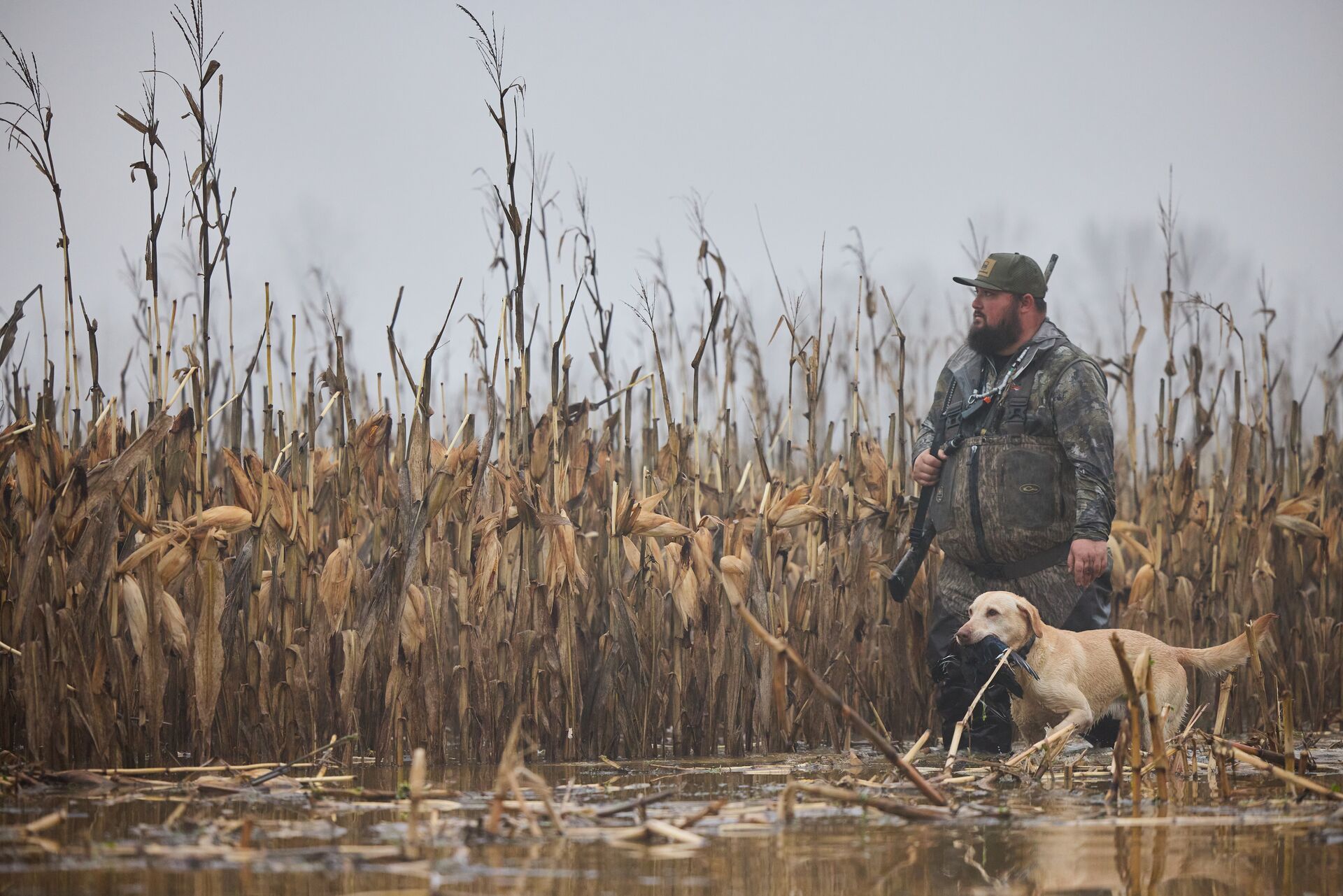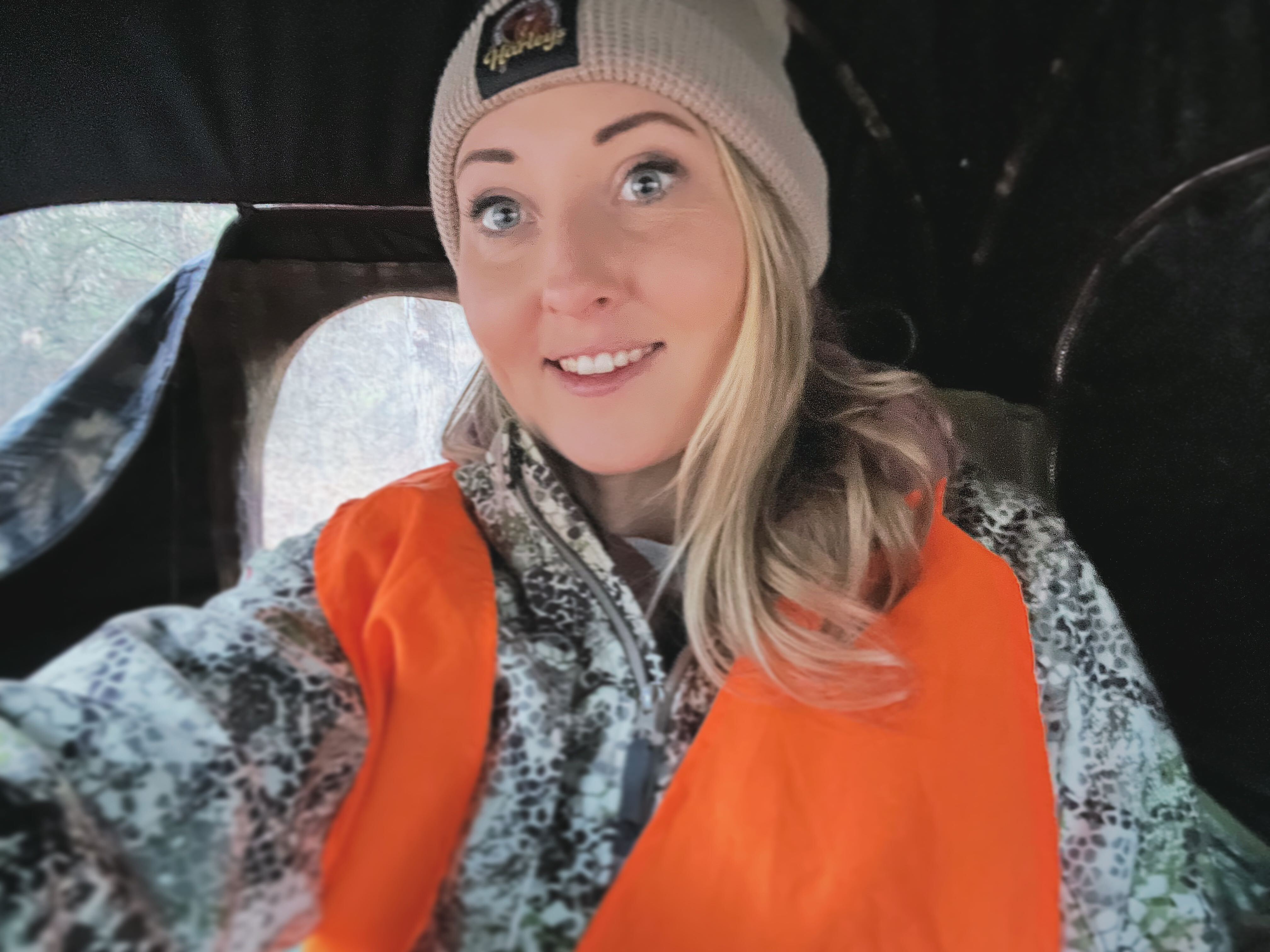While some may claim hunters don't care about animals, the opposite is almost always the case. Central to many hunters' ethics is a deep appreciation and reverence for wild game, an unmatched respect for the natural environments, and a lifelong dedication to upholding the values of a fair chase and respect for hunters and non-hunters alike.
While our ethical standpoints are always personal, key ethical principles bind the hunting community and underpin every hunter's attitude toward hunting. Let's look at nine critical tenets of an ethical hunting life.
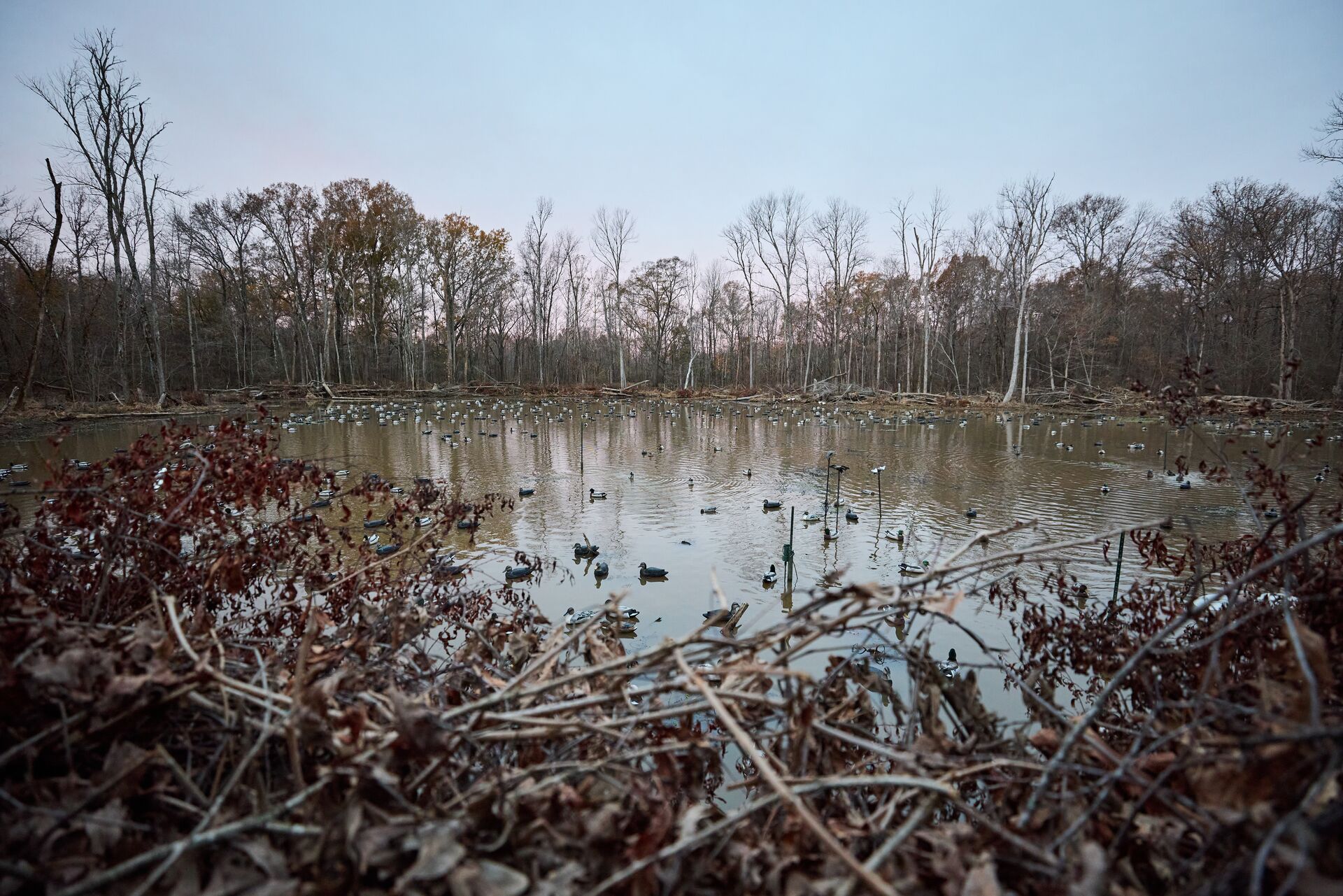
1. Respect Wildlife
Respecting wildlife is one of the most fundamental components of an ethical hunt.
This process begins before you enter the field by researching species in season and within the legal limits. These rules are carefully implemented to ensure ecological balance and maintain healthy population numbers for years and generations.
Accurate shooting is one way to showcase a deep respect for wildlife by minimizing animal suffering and ensuring a clean and humane kill. Study your chosen game's anatomy, practice shooting from different ranges and positions, and only pull the trigger when you're confident.
Finally, do not take more than you need or can legally use. Once you've got your fill, there's nothing better than watching the animals in their natural environment, practicing stalking and bushcraft, or helping your hunting companions fill their tags.
2. Follow All Laws and Regulations
The state-based Natural Resources Departments work incredibly hard to manage and promote the various species and ecological balance.
One of their most potent conservation methods is the allocation of permits and tags — funding these legal rights is one of the key fundraising strategies for wildlife conservation efforts. As a hunter, ensure you have the proper licenses and tags for the species you plan to hunt and follow any mandatory reporting requirements.
In addition to this, take the time to familiarize yourself with local hunting seasons, bag limits, and weapon restrictions, as these rules vary from state to state.
Illegal hunting and trapping negatively impact the animal population and hunters' reputations. Report any illegal hunting activities you witness to help deter further illegal activity.
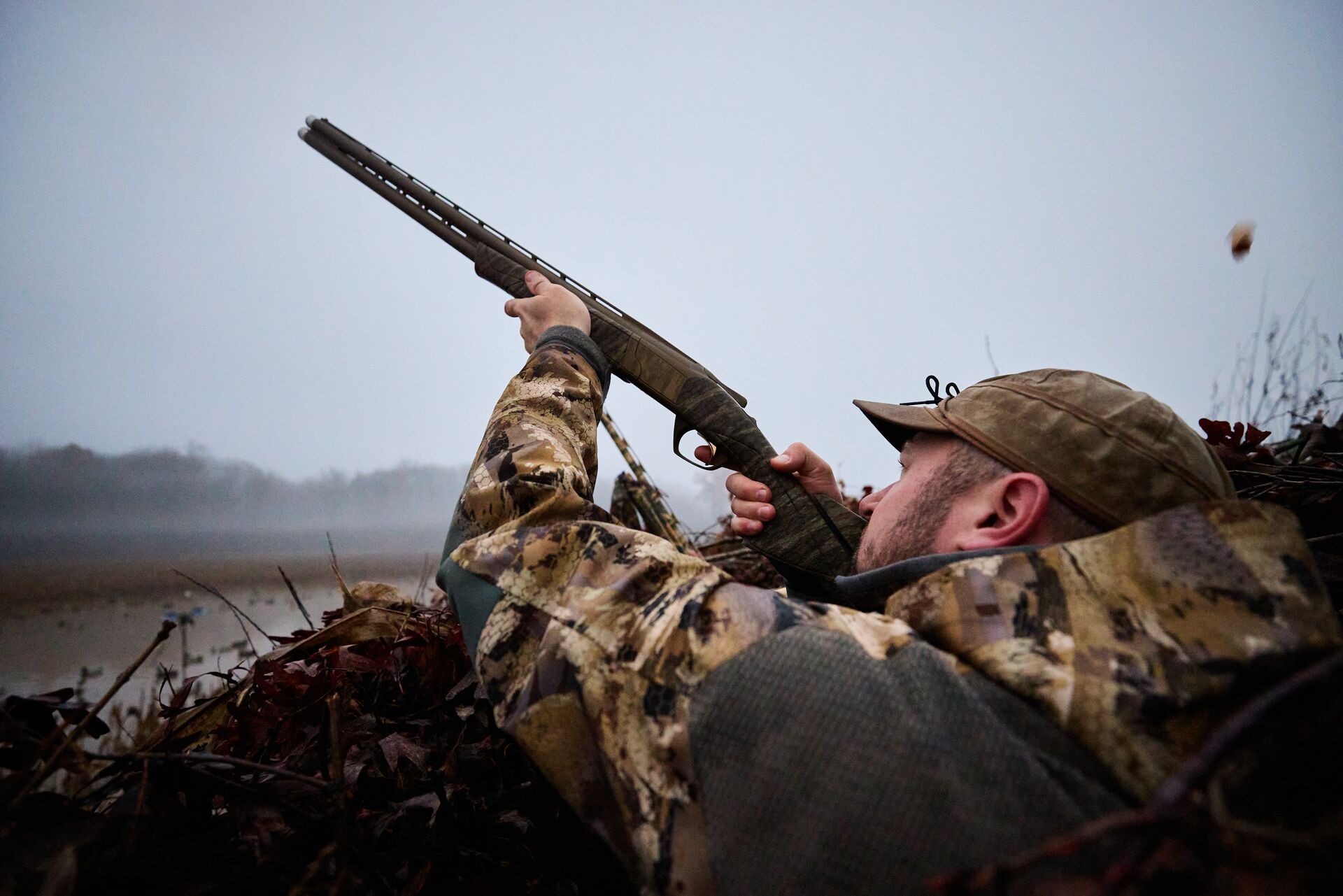
3. Follow Fair Chase Principles
The fair chase principle is a historic and integral component of ethical hunting, going all the way back to Teddy Roosevelt and the Boone and Crockett Club. At its essence, it requires hunters to target a wild animal in its natural environment, ensuring no unfair advantage over the creature.
Examples of unfair advantages may include the use of spotlighting during a nighttime hunt, the use of aircraft, or the use of drones and electric calls. This may also involve avoiding fenced or captive animals, as this runs very much against the ethos of big game hunters.
It's worth mentioning that just because a method is legal doesn't necessarily mean it aligns with the fair chase principles. Keep that in mind every time you head out for a hunt.
4. Safety First
Responsible handling of firearms and bows is essential, including keeping them unloaded until ready to use and always pointing them in a safe direction. This ensures personal safety and the safety of hunting companions, family members, and other hunters who may be out in the field.
Wearing appropriate safety gear, such as blaze orange when required, helps increase visibility and reduces the risk of accidents, especially in areas with other hunters. When firing, always stop to take a moment of self-acknowledgment that the target you are aiming at is, indeed, the animal you are targeting.
Finally, stay up-to-date with hunter education and first-aid certificates. These qualifications (especially first aid) can often change as new techniques and strategies emerge.
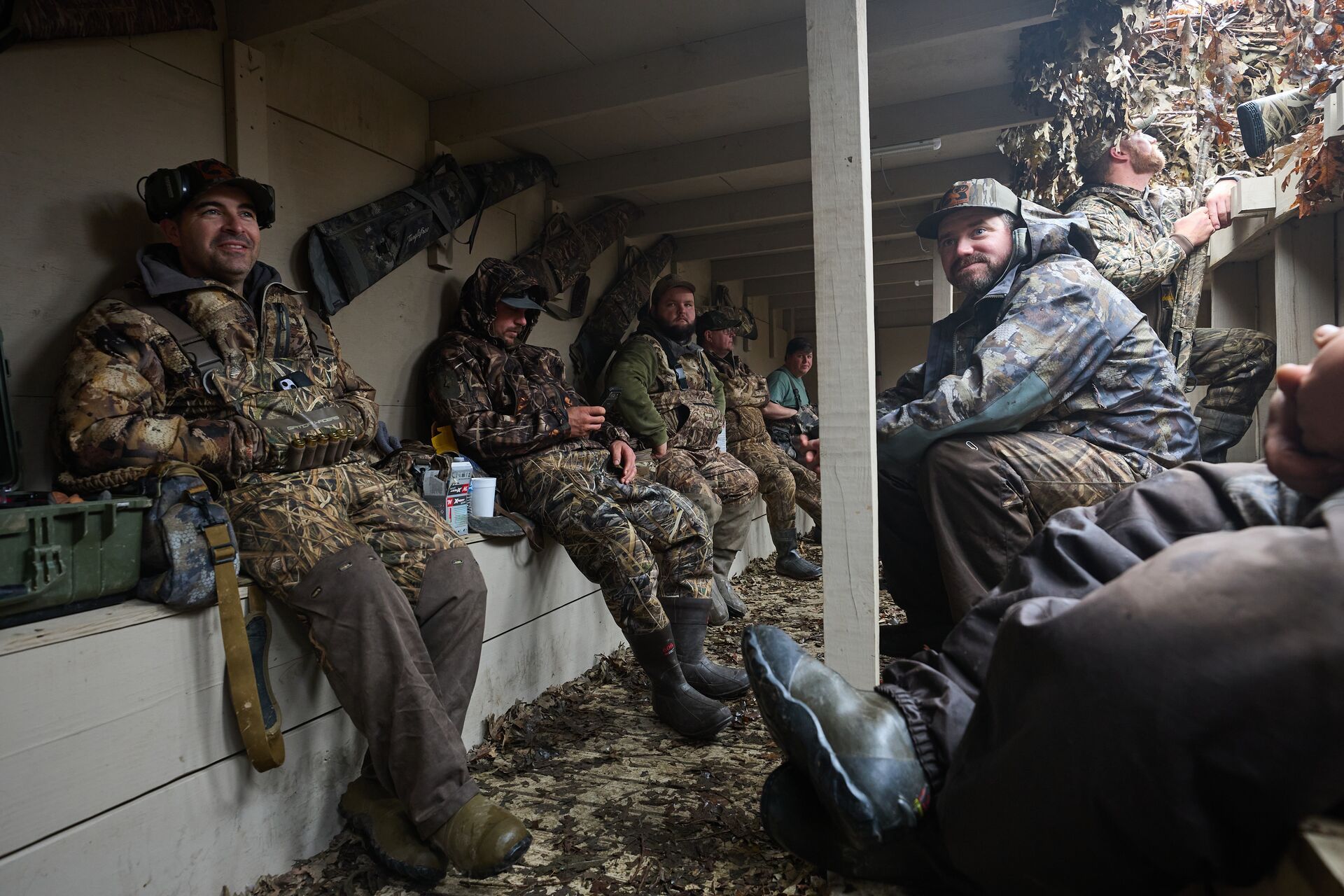
5. Respect For Other Hunters and Landowners
While it may not feel like it on those cold mornings sat on a treestand alone, hunting is a social pursuit.
Respecting other hunters or those out in the field is vital to ethical hunting, ensuring positive relationships with the hunting community and landowners. This involves being courteous to the space of other hunters, respecting the boundaries of private land, and practicing fair hunting etiquette.
Some practical strategies for showing respect for other hunters include minimizing your use of lights, harvesting an animal to completion, and sharing knowledge and insights with fellow hunters (especially newbies).
6. Leave No Trace
You must always follow the leave-no-trace principle when hunting private or public land. This includes packing all rubbish, including spent casings, trash, and debris, and caring for natural habitats.
Additionally, when sighting your rifle, never use rocks, signs, or trees; do this at a range. Finally, keep fireplaces in designated fire areas or use a fire pit.
There's nothing worse than packing out for days to a remote location and coming across somebody else's trash.
7. Treat All Game Ethically
Show respect for wildlife by taking only clean, killing shots, then carefully retrieving, handling, and harvesting the meat promptly to avoid waste–this is the pinnacle of ethical hunting. Use every part of the animal in your cooking and processing, whether liver on toast or slow-smoked venison neck.
Have more than you can eat or freeze? One of the top ways to respect animals is to share game with friends, family, churches, and charitable organizations.
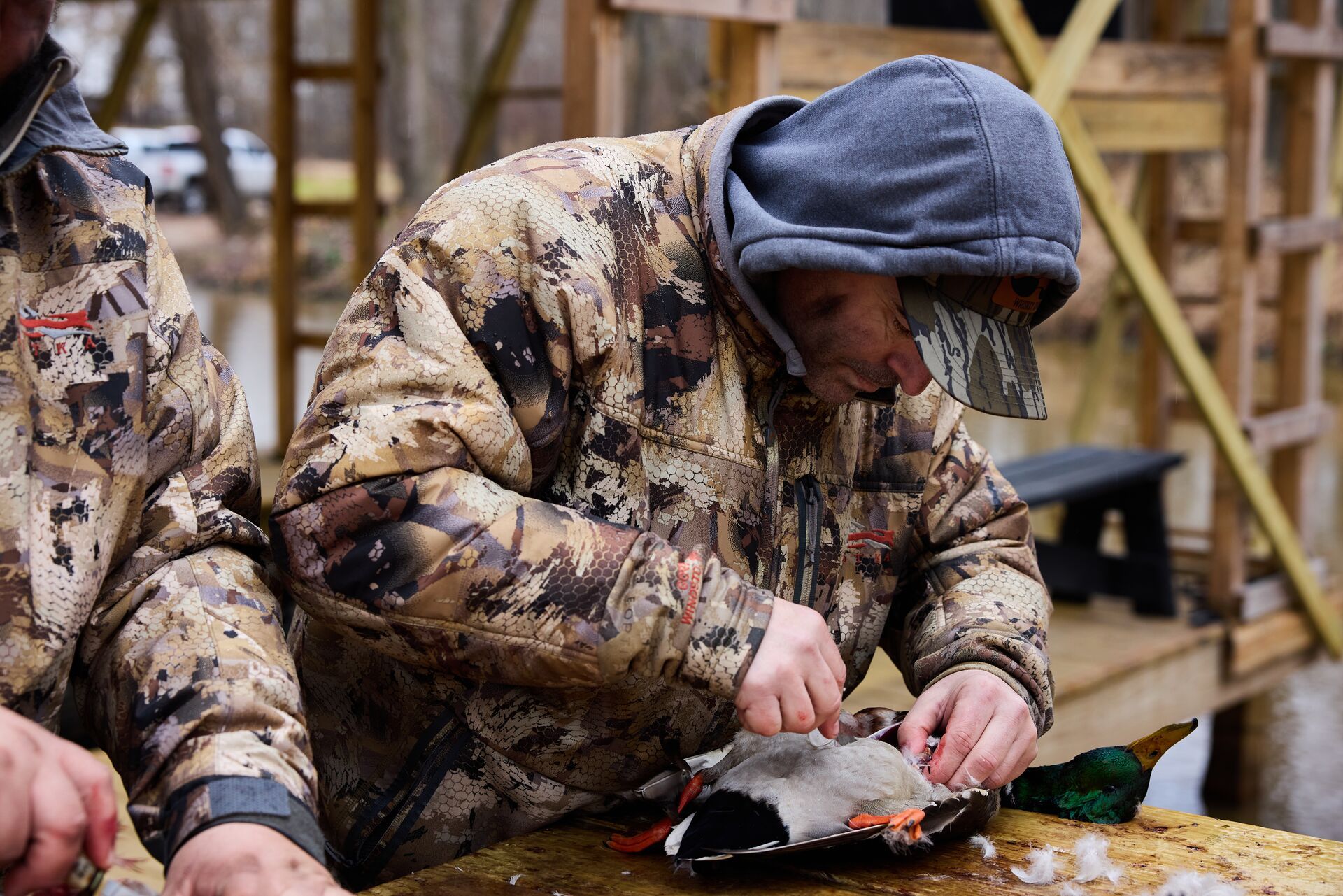
8. Respect Cultural and Public Perceptions
With social media today, we must be extra careful about how hunting is presented and viewed in the public sphere. While the public is shifting towards understanding hunters as those with deep respect and empathy for the game they target and a desire to source organic meat and stay away from factory farming, there is always room for more education.
If people show interest, thoughtfully (and kindly) educate them on the role hunting plays in conservation and wildlife management to answer the question, "Is hunting ethical? You can also educate youth on respect for land, hunters, and game.
9. Participate in Conservation Groups and Stewardship
It's important to give back and actively participate in the ongoing conservation and stewardship of the land, wildlife, and animal habitats.
Look at your local DNR website for volunteer opportunities supporting organizations that advocate for sustainable hunting practices. For example, Washington State's Department of Natural Resources has a great web page about opportunities to get involved.
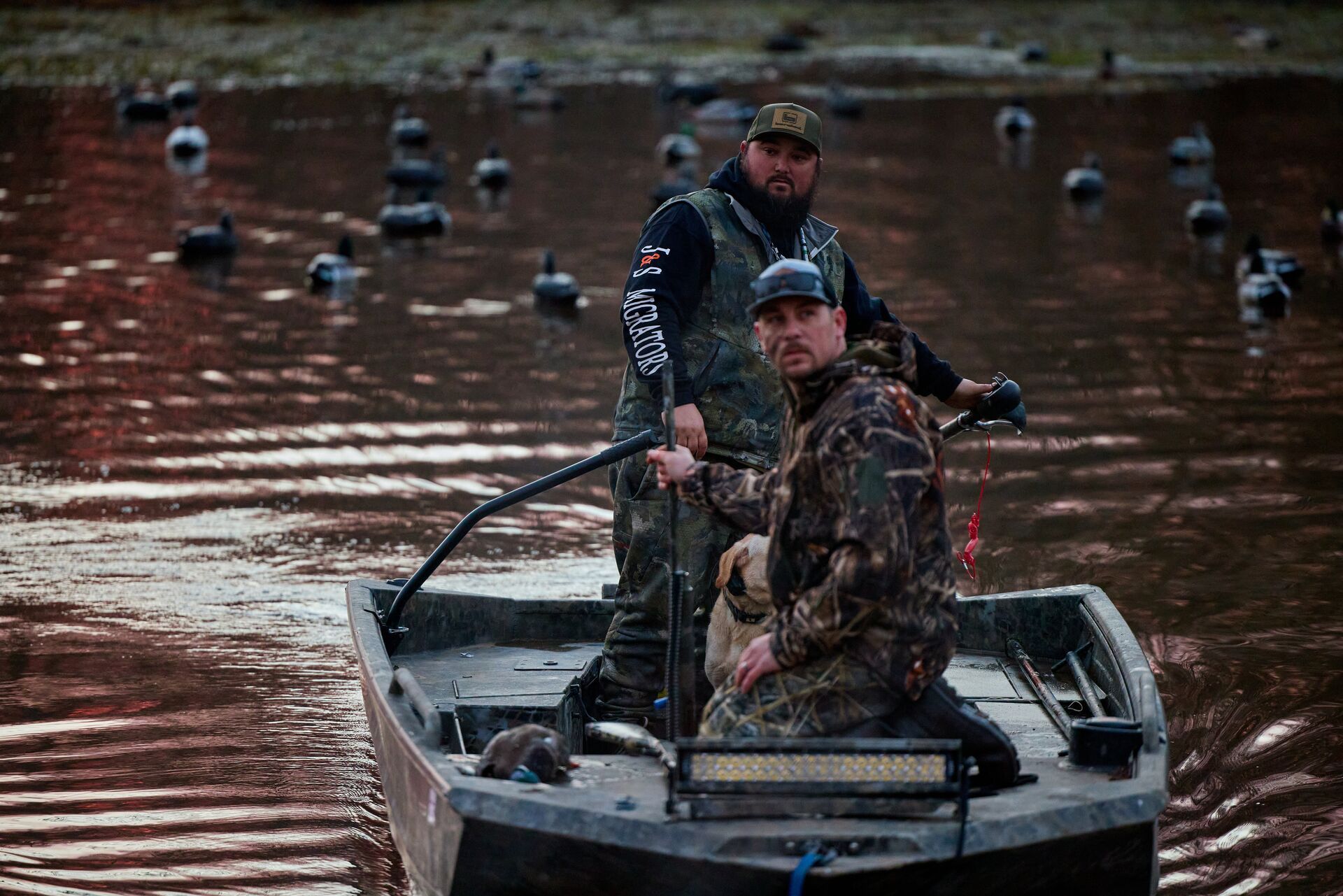
Pursue Good Ethics in Hunting With HuntWise
As hunters, we must work tirelessly to uphold the highest standards of ethics in hunting and safety to maintain the ongoing legacy and enjoyment of hunting for years to come.
With HuntWise's private and public land mapping features, expert tips from hunting pros, and in-depth field guides on different hunting regions, you'll have all the tools to hunt safely, ethically, and with maximum enjoyment.
Don't have HuntWise yet? Now is an excellent time to download it (free) and explore it — free — for your first week!
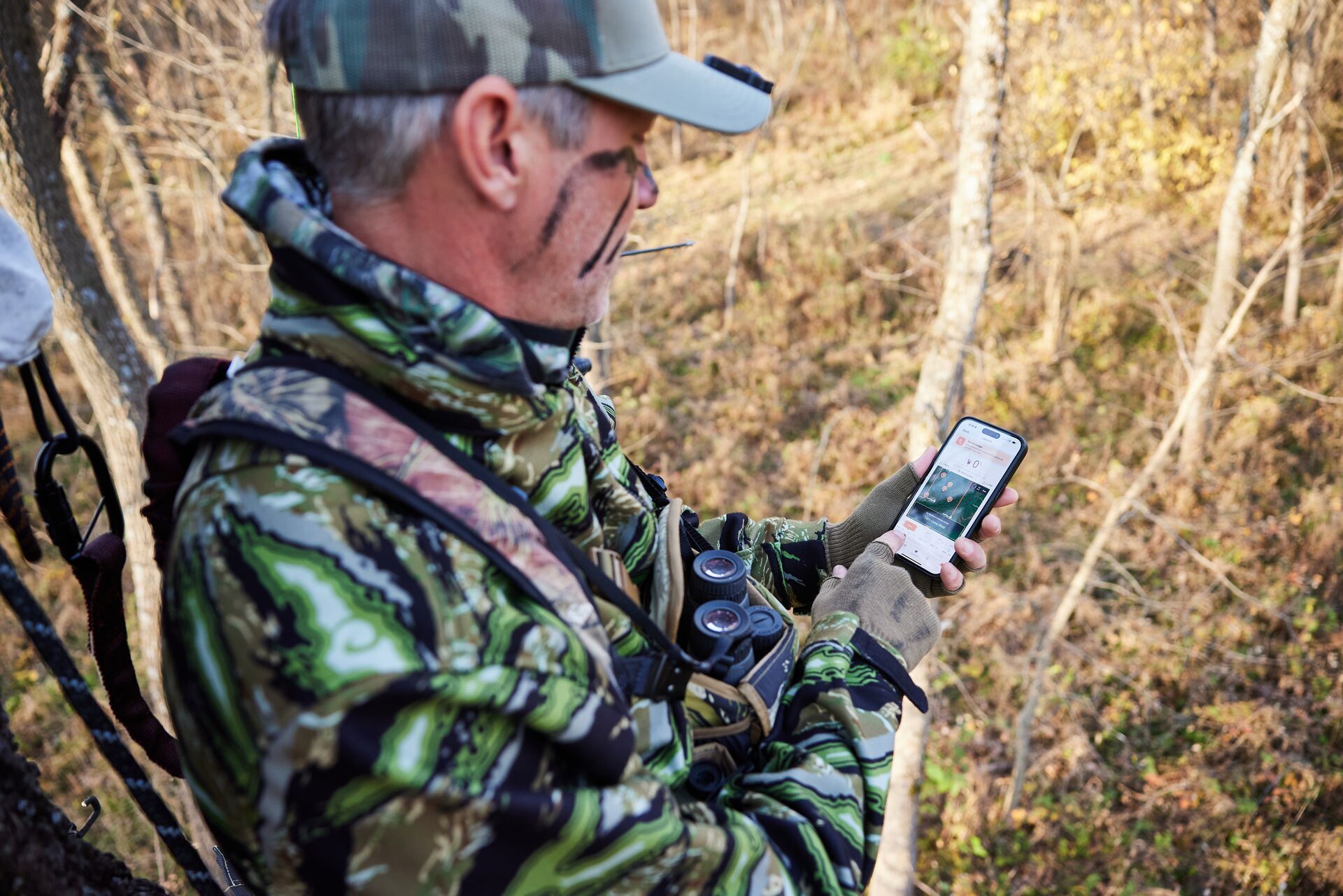
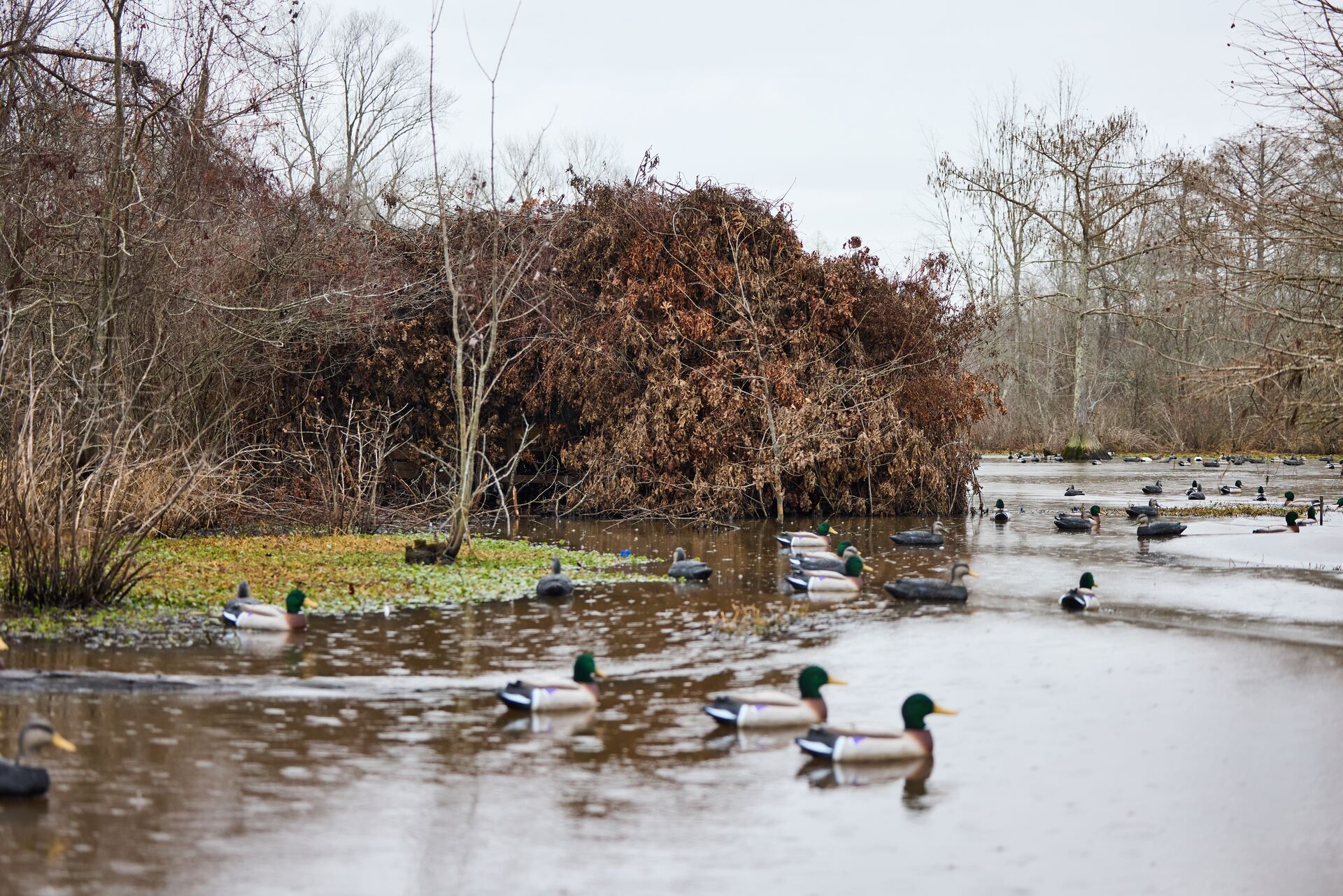
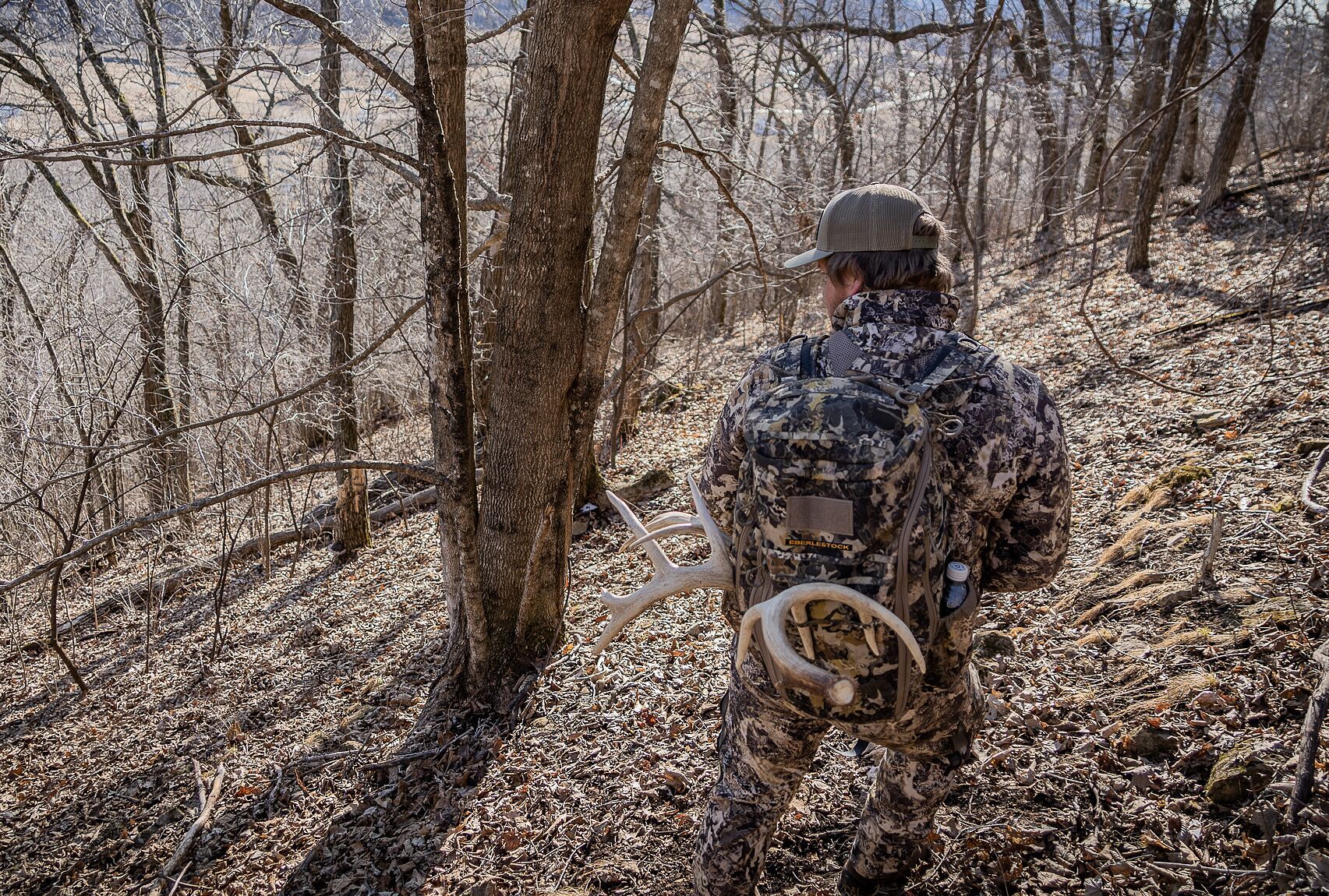
 Hunting Tips
Hunting Tips Hunting Tips
Hunting Tips Hunting Tips
Hunting Tips